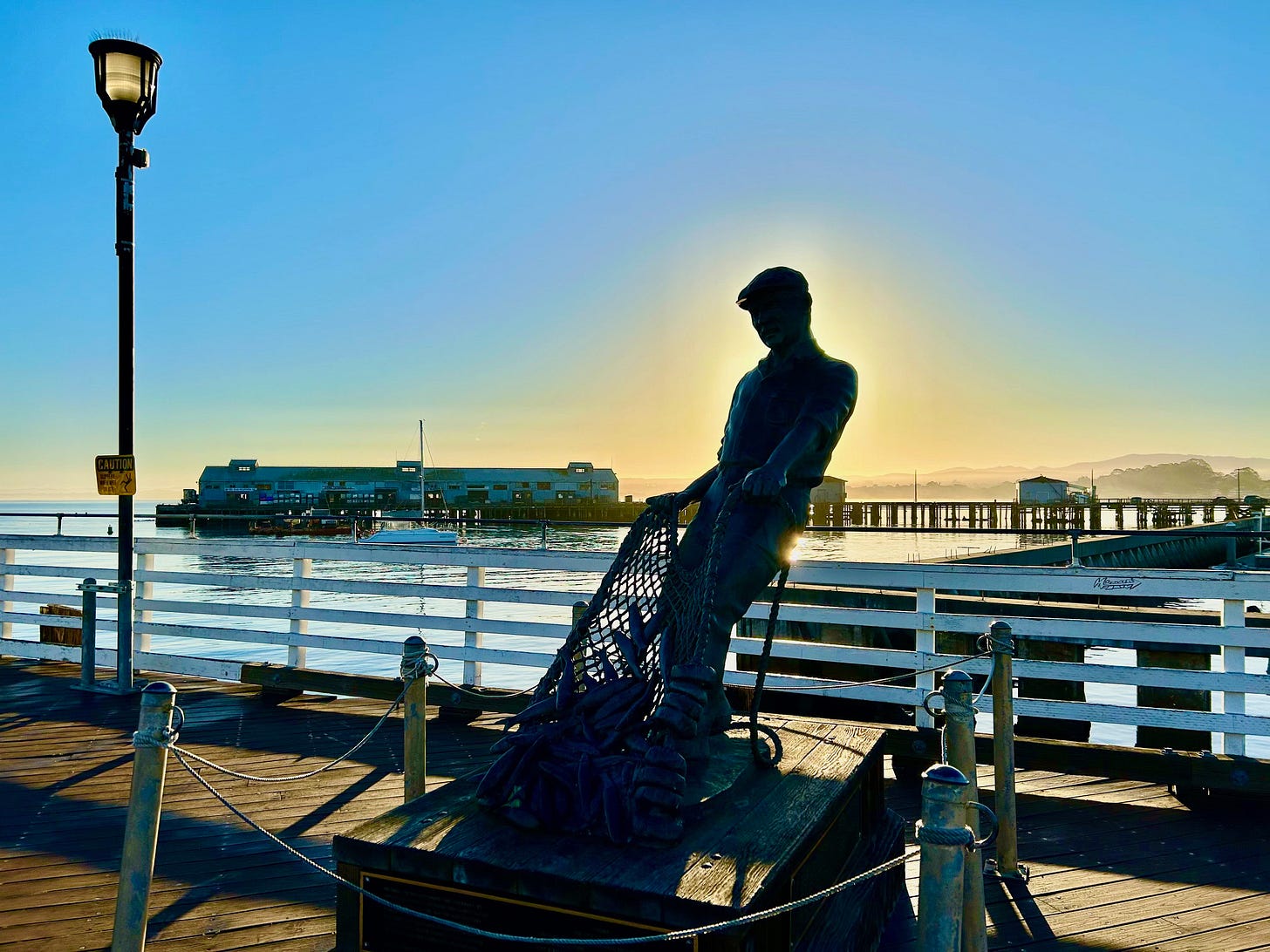America Might Be A Self-Destructive Project
I’ve been reading a book by Immanuel Wallerstein called The Decline of American Power.
It’s a strange book that went to print one month before the US invaded Iraq in 2003. Writing during that blurry, highly propagandized period of time between the 9/11 attacks and the Iraq invasion, Wallerstein details why US hegemony had been on a slow decline since th…


